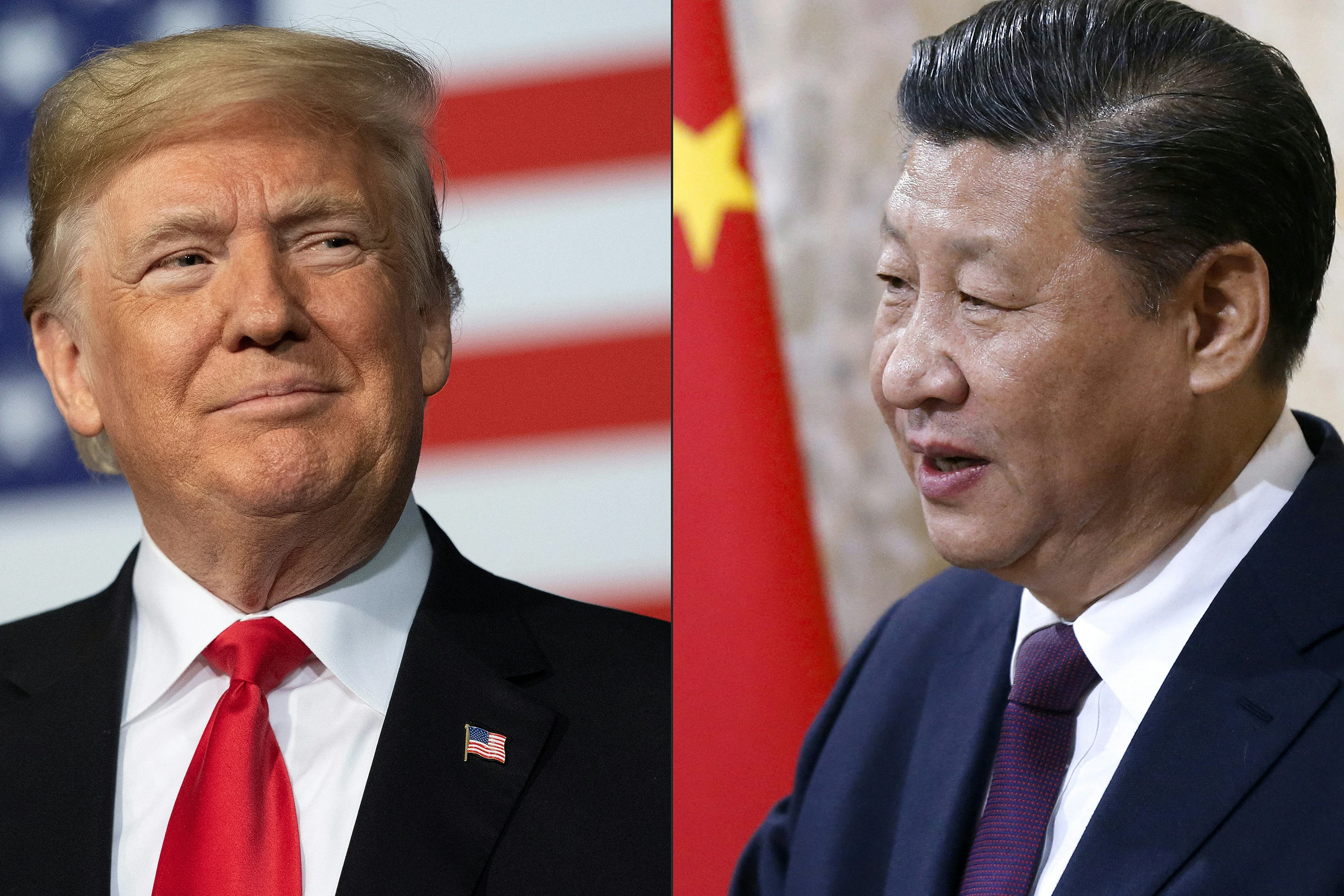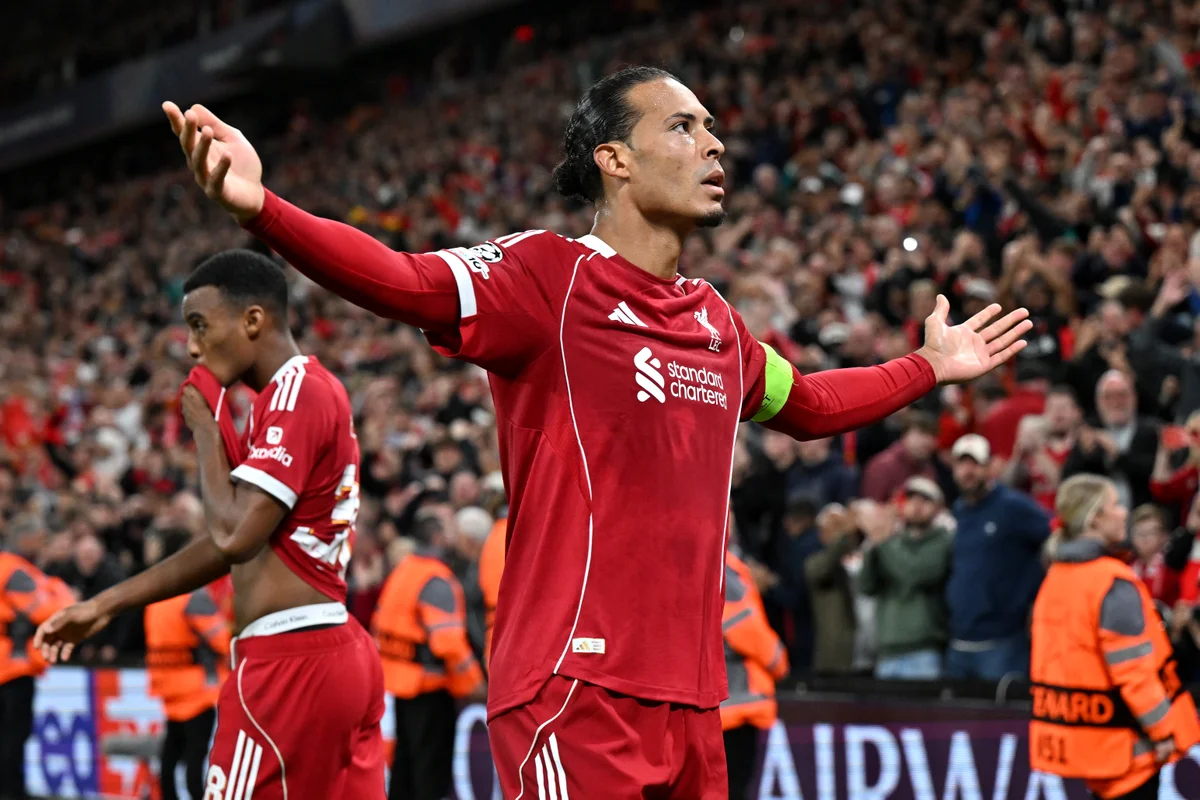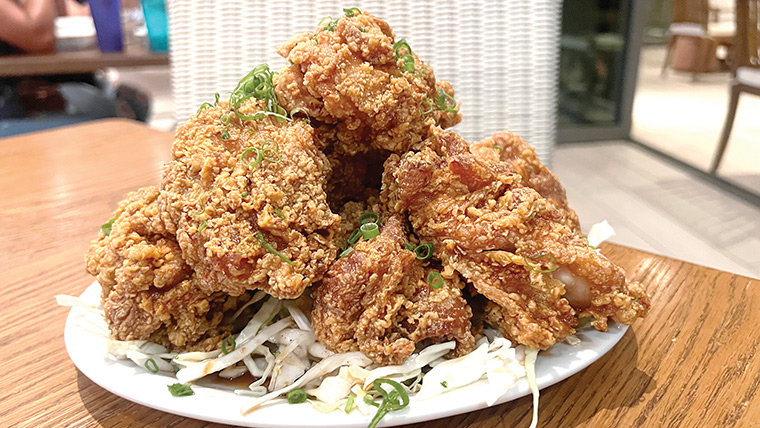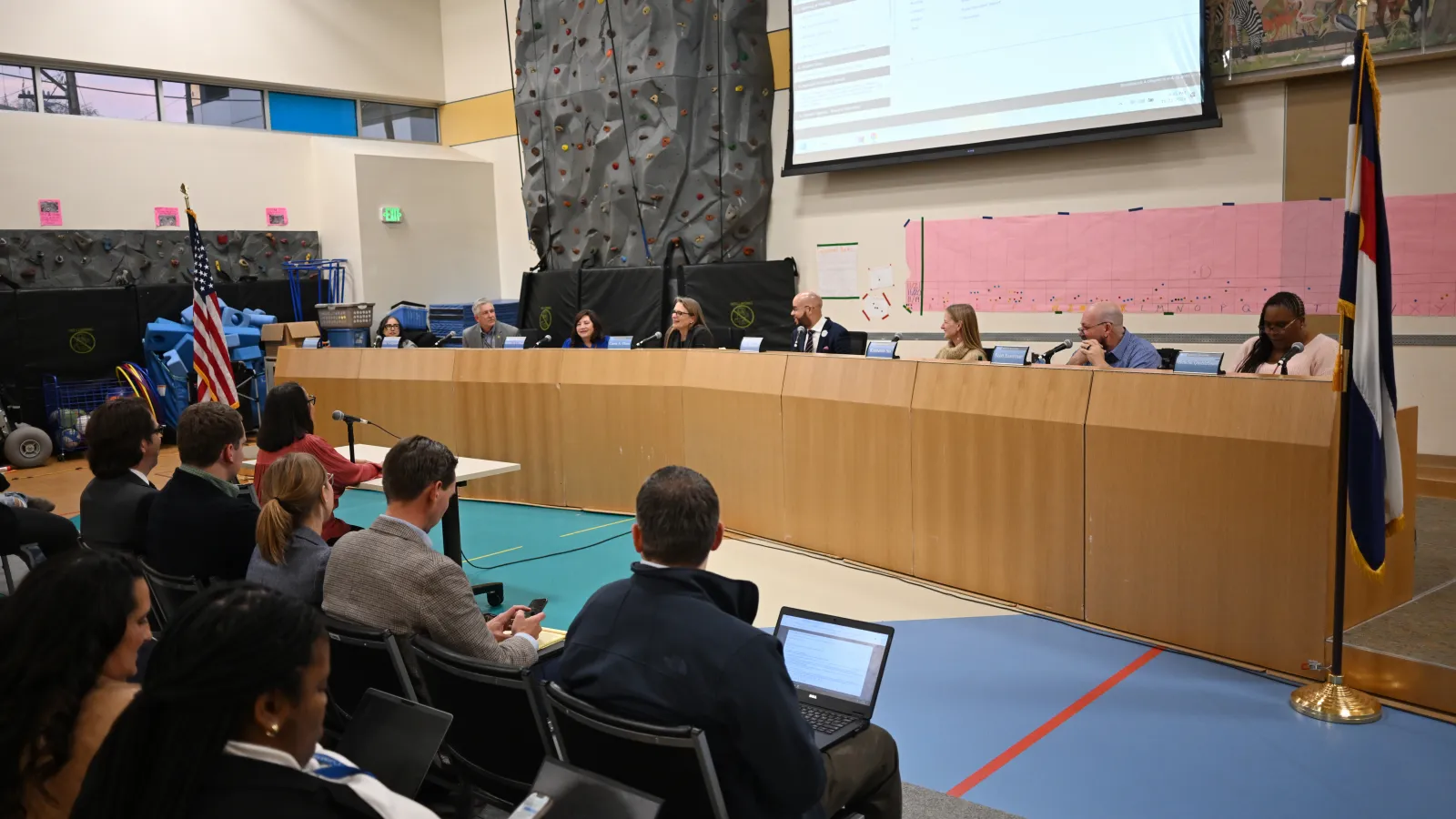By Orange Wang
Copyright scmp

Chinese President Xi Jinping and his American counterpart Donald Trump have spoken by phone for the third time this year, according to state broadcaster CCTV.
The conversation on Friday marked the latest efforts by the two powers to stabilise their relationship, which remains mired in a geopolitical rivalry.
It also paved the way for a long-awaited in-person summit between Xi and Trump later this year.
Anticipation has been building for a face-to-face meeting between the two, which would be the first such encounter since the US leader returned to the White House in January.
The Asia-Pacific Economic Cooperation (Apec) summit in South Korea from October 31 to November 1 is widely expected to be the venue.
China has issued a formal state visit invitation to Trump, and preparations are in the final stages, with bulk purchase deals ŌĆō including Boeing jets and soybeans ŌĆō in sight, according to an earlier report by the South China Morning Post.
Despite strong will on both sides to stabilise ties, the countries are at odds on an array of issues, including the tariff war, TikTok, semiconductors, the South China Sea, Taiwan and RussiaŌĆÖs invasion of Ukraine.
High on the agenda for the latest phone conversation was the confirmation of a deal on the short-video platform TikTok, the framework of which was reached during the latest trade talks in Madrid that finished on Monday.
The specifics of the framework agreement remain unclear.
US Treasury Secretary Scott Bessent on Monday said the framework pointed to a ŌĆ£switch to US-controlled ownershipŌĆØ but refused to elaborate to ŌĆ£get ahead of the leadersŌĆÖ call on FridayŌĆØ.
A tariff truce between the worldŌĆÖs two largest economies is due to expire on November 10. Bessent said American and Chinese officials would continue to negotiate, holding talks ŌĆ£in about a month in a different locationŌĆØ.
FridayŌĆÖs phone call between Xi and Trump also came amid heightened concerns and scrutiny in Washington and other Western capitals over BeijingŌĆÖs potential to reshape the global order following a massive military parade in Tiananmen Square on September 3.
Trump also proposed last Friday that Nato countries should impose tariffs of up to 100 per cent on China over its purchases of Russian oil, claiming the move would be ŌĆ£of great helpŌĆØ in ending the war in Ukraine.
ŌĆ£China has a strong control, and even grip, over Russia, and these powerful Tariffs will break that grip,ŌĆØ he wrote in a letter to ŌĆ£ALL NATO NATIONS AND, THE WORLDŌĆØ.
That was 10 days after he accused his Chinese counterpart, together with Russian President Vladimir Putin and North Korean leader Kim Jong-un, of ŌĆ£conspiringŌĆØ against the US as the trio stood side by side during the parade.
During their previous exchange in June, Xi invited Trump to visit China again and Trump invited the Chinese leader to the US. They also spoke by phone on January 17, when Xi congratulated Trump on winning the US presidential election.
In the latest annual Presidential Determination on Major Drug Transit or Major Illicit Drug Producing Countries submitted to US Congress on Monday, the Trump administration said that ŌĆ£[ChinaŌĆÖs] role as the worldŌĆÖs largest source of precursor chemicals fuelling illicit fentanyl production has been well documentedŌĆØ.
ŌĆ£[ChinaŌĆÖs] leadership can and must take stronger and sustained action to cut down these chemical flows and prosecute the drug criminals facilitating them,ŌĆØ it said.
A round of high-level interactions appeared to have set the stage for the Xi-Trump call, with the defence chiefs and top diplomats of both countries holding back-to-back talks last week, during which the Taiwan issue once again stood out as BeijingŌĆÖs top concern.
Chinese experts have warned that TrumpŌĆÖs position on the island will be pivotal to the success of his potential next visit to Beijing.
Still, the US destroyer Higgins and the British frigate HMS Richmond transited the Taiwan Strait on September 12, following those talks. The Chinese military tracked and condemned the passage.
Beijing sees Taiwan as part of China to be reunited by force if necessary. Most countries, including the US, do not recognise Taiwan as an independent state, but Washington is opposed to any attempt to take the self-governed island by force and is committed to supplying it with weapons.
The rising tensions have been fuelling concerns about the risk of a miscalculation between Beijing and Washington in the South China Sea, particularly with the two sides trading accusations over a Chinese plan to establish a nature reserve on the disputed Scarborough Shoal.
More to follow ŌĆ”



